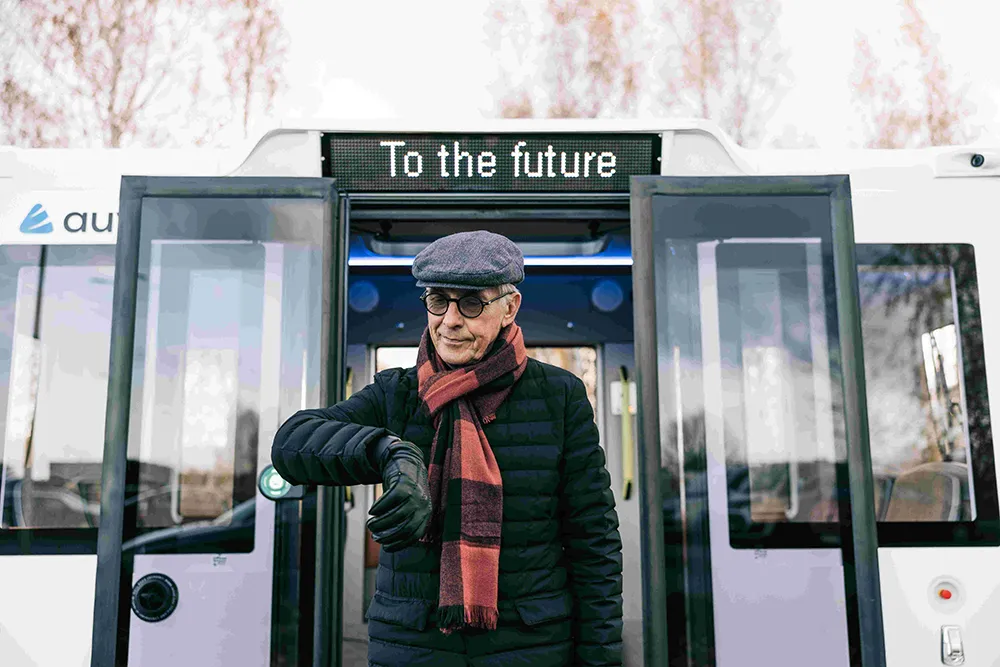Taking place at Sydney's Olympic Park the public will get to experience short journeys aboard the automated smart shuttle after preliminary safety tests are complete.
The self-driving, fully electric vehicle carries up to 15 people and is programmed to navigate around the scenic grounds, venues and businesses at Sydney’s Olympic Park. The trial is a partnership with the NSW Government, Telstra, NRMA, IAG and the Sydney Olympic Park Authority.
The Sydney trial, the first in New South Wales, the most populous state in Australia, is one of three automated vehicle trials that HMI Technologies will lead. Planning is underway for trials at La Trobe University in Melbourne and Christchurch International Airport, New Zealand. Each trial will help to test legislation and the supporting infrastructure which are critical for the adoption of highly automated vehicles.
HMI Technologies partners with New South Wales for self-driving vehicle trial
New South Wales government in Australia has announced the state's first automated vehicle trial, with New Zealand’s HMI Technologies as the project's lead partner. Taking place at Sydney's Olympic Park the public will get to experience short journeys aboard the automated smart shuttle after preliminary safety tests are complete. The self-driving, fully electric vehicle carries up to 15 people and is programmed to navigate around the scenic grounds, venues and businesses at Sydney’s Olympic Park. The trial i
August 2, 2017
Read time: 2 mins
New South Wales government in Australia has announced the state's first automated vehicle trial, with New Zealand’s 8502 HMI Technologies as the project's lead partner.









